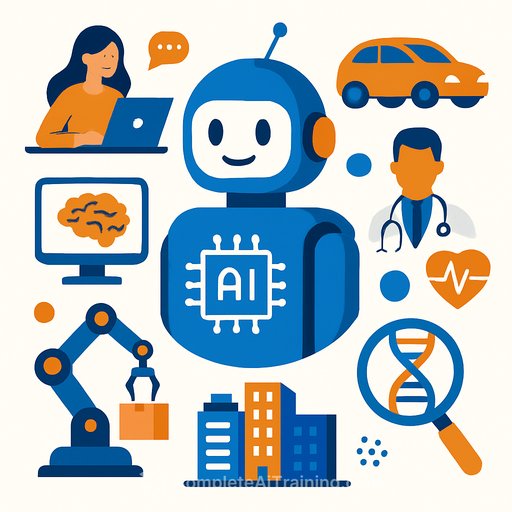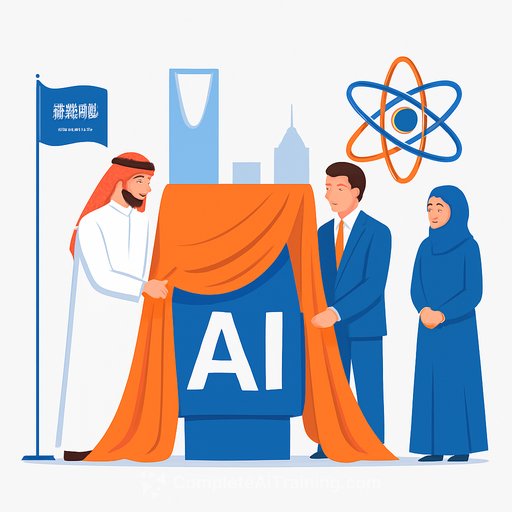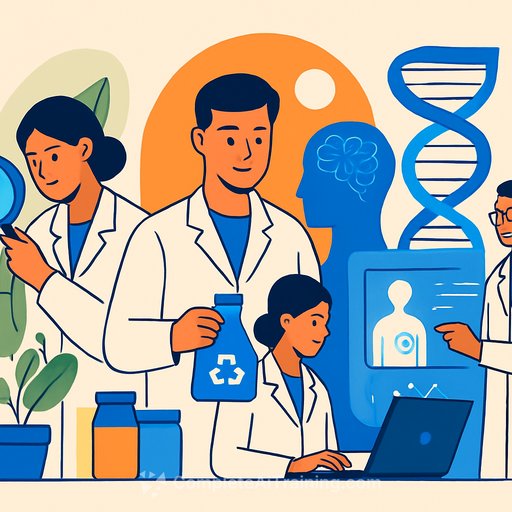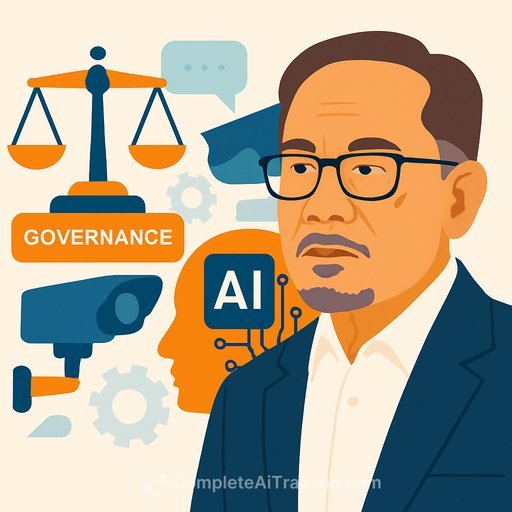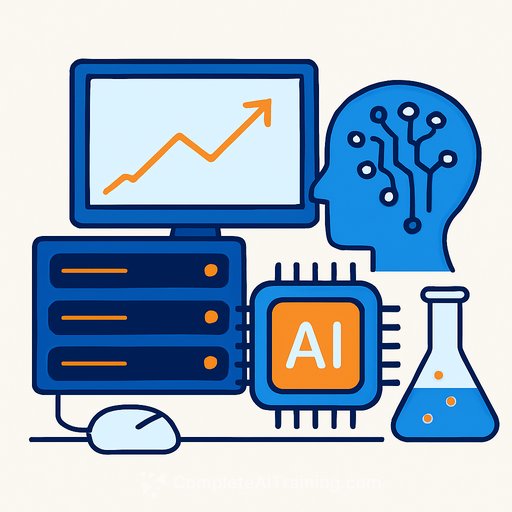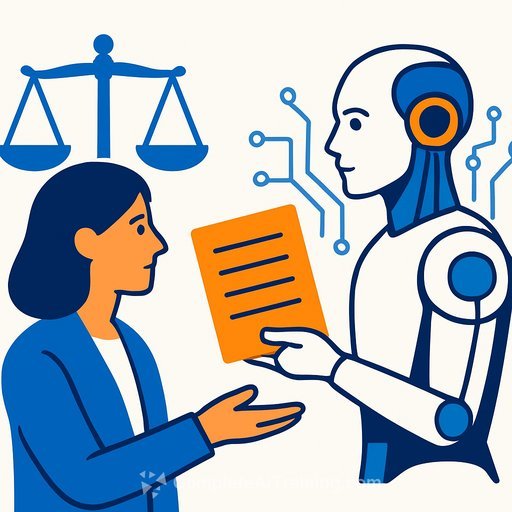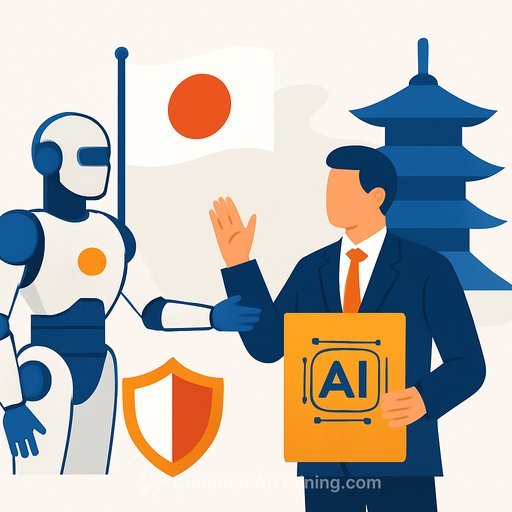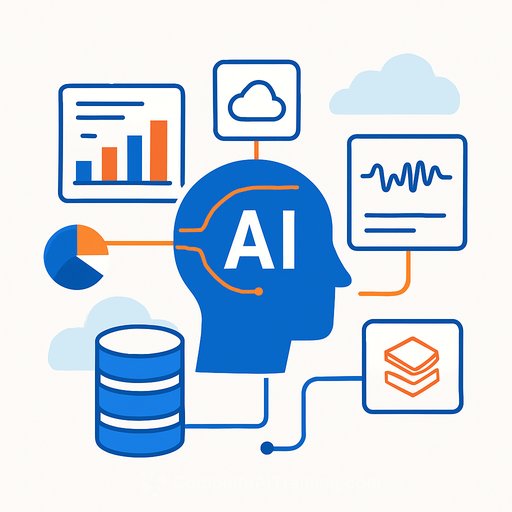The Top 10 AI-Led Contributions to Society According to AI
Artificial Intelligence has integrated deeply into modern life, driving advances across many fields. From medicine to energy management and scientific research, AI's capabilities address long-standing challenges with greater speed and precision. These developments improve efficiency while supporting a fairer, more sustainable society.
This article outlines ten key areas where AI is making a tangible impact, drawing on insights and research assistance from ChatGPT. These examples demonstrate how AI influences daily life and opens new opportunities for innovation.
1. AI in Personalized Medicine
AI enables treatment plans based on individual genetics, health history, and lifestyle. This reduces trial-and-error approaches, especially in cancer care, by identifying therapies that target tumors without unnecessary damage to healthy tissue.
- Relevance: Improves patient recovery rates, lowers healthcare costs.
- Main Researchers: University of California, San Francisco (UCSF), IBM Watson Health.
- Impact: Advances precision medicine with personalized healthcare solutions.
2. AI-Assisted Drug Development
By analyzing massive molecular datasets, AI accelerates the identification of promising drug compounds. Its role in quickly identifying COVID-19 vaccine candidates highlights AI’s potential to speed up life-saving treatments.
- Relevance: Shortens drug development timelines, reduces costs.
- Main Researchers: Insilico Medicine (Baltimore), Deep Genomics (Toronto).
- Impact: Makes pharmaceutical research more efficient and accessible worldwide.
3. AI in Space Exploration
AI automates spacecraft systems and processes astronomical data, allowing missions to operate more autonomously. NASA’s Perseverance rover uses AI to explore Mars, while AI-powered telescopes have identified thousands of exoplanets.
- Relevance: Enables in-depth study of extraterrestrial environments.
- Main Researchers: NASA (Washington, D.C.), European Space Agency (ESA, Paris).
- Impact: Supports autonomous space missions and expands cosmic knowledge.
4. AI in Climate Change Solutions
AI optimizes renewable energy systems, forecasts extreme weather, and monitors environmental changes. It helps locate methane leaks and balances energy grids, reducing greenhouse gas emissions.
- Relevance: Enhances sustainability and energy efficiency.
- Main Researchers: Google DeepMind (London), Stanford University (Palo Alto).
- Impact: Boosts renewable energy adoption and climate response efforts.
5. AI-Enhanced Education
Adaptive learning platforms powered by AI adjust to each student's needs by analyzing performance data. These tools improve engagement and make quality education accessible, especially in underserved regions.
- Relevance: Expands educational access and effectiveness.
- Main Researchers: Carnegie Mellon University (Pittsburgh), UNESCO (Paris).
- Impact: Narrows education gaps and promotes literacy worldwide.
6. AI and Quantum Computing Breakthroughs
AI improves quantum algorithms and models complex systems, tackling challenges in cryptography, materials science, and logistics that were previously unsolvable.
- Relevance: Advances solutions across scientific and industrial fields.
- Main Researchers: IBM Research (Armonk, NY), Google Quantum AI (Mountain View, CA).
- Impact: Enables secure communications and complex problem-solving.
7. AI in Economic Modeling
AI analyzes large datasets to predict market trends, optimize resources, and shape fiscal policy. It helped governments design targeted stimulus and stabilize economies after the pandemic.
- Relevance: Supports better resource management and economic stability.
- Main Researchers: MIT (Cambridge), London School of Economics.
- Impact: Informs policy for resilient and equitable economies.
8. AI-Assisted CRISPR Technology
AI enhances gene-editing precision, reducing off-target effects and accelerating treatments for genetic disorders. It also improves crop resilience, addressing food security challenges.
- Relevance: Advances healthcare and agriculture through precise gene editing.
- Main Researchers: Broad Institute (Cambridge), UC Berkeley.
- Impact: Speeds up genetic research and supports global food security.
9. AI for Renewable Energy Optimization
AI forecasts power output and manages smart grids to reduce waste and ensure consistent energy supply. This improves reliability and lowers costs for renewable energy providers.
- Relevance: Facilitates transition to sustainable energy sources.
- Main Researchers: Stanford University, National Renewable Energy Laboratory (Golden, CO).
- Impact: Enhances grid stability and accelerates clean energy adoption.
10. AI-Driven Public Health Interventions
AI predicts disease outbreaks, streamlines vaccination efforts, and analyzes health trends. It has played a vital role in fighting malaria and managing global health data.
- Relevance: Improves healthcare access and preparedness worldwide.
- Main Researchers: World Health Organization (Geneva), Johns Hopkins University (Baltimore).
- Impact: Strengthens health systems and saves lives globally.
Conclusion on AI Contributions
AI is a practical tool driving progress across healthcare, energy, education, and more. Its ability to analyze complex data and automate tasks is improving outcomes and creating opportunities for innovation. By continuing to develop AI responsibly, we can ensure these benefits are widespread and lasting.
For professionals interested in expanding their AI skills and understanding its applications, resources and courses are available at Complete AI Training.
```Your membership also unlocks:

